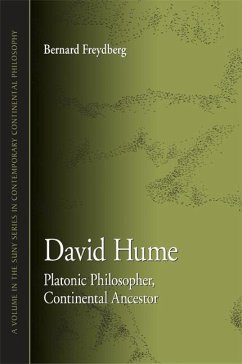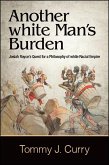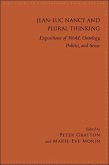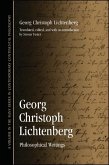In the first book of its kind, Bernard Freydberg places David Hume firmly in the tradition of the Platonic dialogues, and regards him as a proper ancestor of contemporary continental philosophy. Although Hume is largely confined to his historical context within British Empiricism, his skepticism resonates with the Socratic Ignorance expressed by Plato, and his account of experience points toward very contemporary concerns in continental thought. Through close readings of An Enquiry Concerning the Human Understanding, An Enquiry Concerning the Principles of Morals, and the essay "On the Standard of Taste," Freydberg traces a philosophy of imagination that will set the stage for wider consideration of Hume within continental thought.
Dieser Download kann aus rechtlichen Gründen nur mit Rechnungsadresse in A, D ausgeliefert werden.









